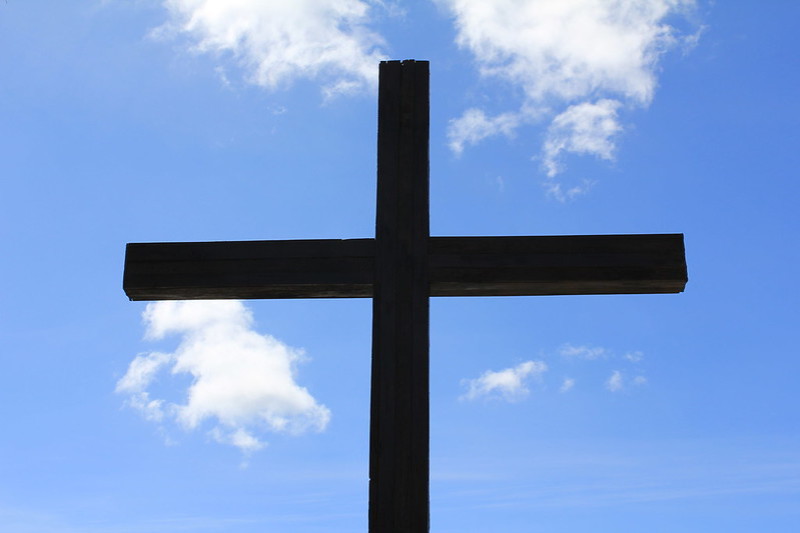
Iran denied the United Nations' investigation report on the country's "systematic persecution of Christians."
According to the International Christian Concern, the investigation group of the U.N., which included special rapporteur on freedom of religion of belief, Ahmed Shaheed and special rapporteur on human rights in Iran, Javaid Rehman, released a report that outlines Iran's persecution of Christians. The report was only made public after the country failed to respond within the given 60-day deadline.
In a letter dated Nov. 11, the U.N. report highlighted Iran Government's "reported persecution of members of the Christian minority in Iran, including converts from Islam, as well as the detention of dozens of Christians, most of whom have been convicted for exercising their right to freely observe and worship their religion."
"We remain concerned at reports of the continued systematic persecution of the members of this religious minority, particularly numerous reports received of discriminatory practices and violations of their human rights," the organization added.
The U.N. experts pointed out the 24 Christians in Iran who are either facing charges or imprisoned stating that they "wish to express our serious concern at the reported widespread repression against and persecution of persons belonging to the Christian minority in Iran, and in particular those who have converted from Islam."
The organization's investigation showed that Iran failed to provide fair legal proceedings which include legal harassment, lack of due process and formulated charges. The U.N. also called out the charges against Christians on propaganda against the state and threats against national security.
The letter further said that if the allegations are confirmed, "they would constitute severe violations of international human rights law" which include the rights to security and liberty, to freedom of conscience, thought, religion or belief, freedom of association, expression and peaceful assembly, privacy, physical and psychological integrity, principle of non-discrimination and the rights of persons belonging to minorities.
Iran submitted its response after two days of its Jan. 10 deadline denying the allegations.
The country said that the 24 Christians highlighted in the U.N. report are "under cover of promoting Christianity, were in fact communicating with evangelical Zionism with a view to enmity and confrontation with the Islamic Establishment and subversive act against it through organized cults and holding illegal and secret meetings to deceive citizens and exploit the deceived persons, particularly children," Article18 News reported.
The country further claimed that the offenses committed by the individuals mentioned by the U.N. are being dealt in accordance with the legal regulations "on the grounds that they had committed offenses set out in the Islamic Penal Code, and not for conversion to Christianity."
The country's governmental national human rights institution, High Council for Human Rights of the Islamic Republic of Iran, denied the accusations of mistreatment, torture, unjust punishment, raiding of religious gatherings and arbitrary detainment of Christians.
Further, about the issue of property confiscation, the country said that they only seized items related to the crimes but were often returned. But Christian literature and Bibles are often classified as crime evidences and thus are hardly returned.
According to Open Doors USA, the government of Iran persecutes Christians, especially those who are of Muslim backgrounds, believing that Muslims' conversion to Christianity is Western countries' attempt to undermine the country's Islamic rule. Iran is currently the eighth most dangerous country for Christians.





































